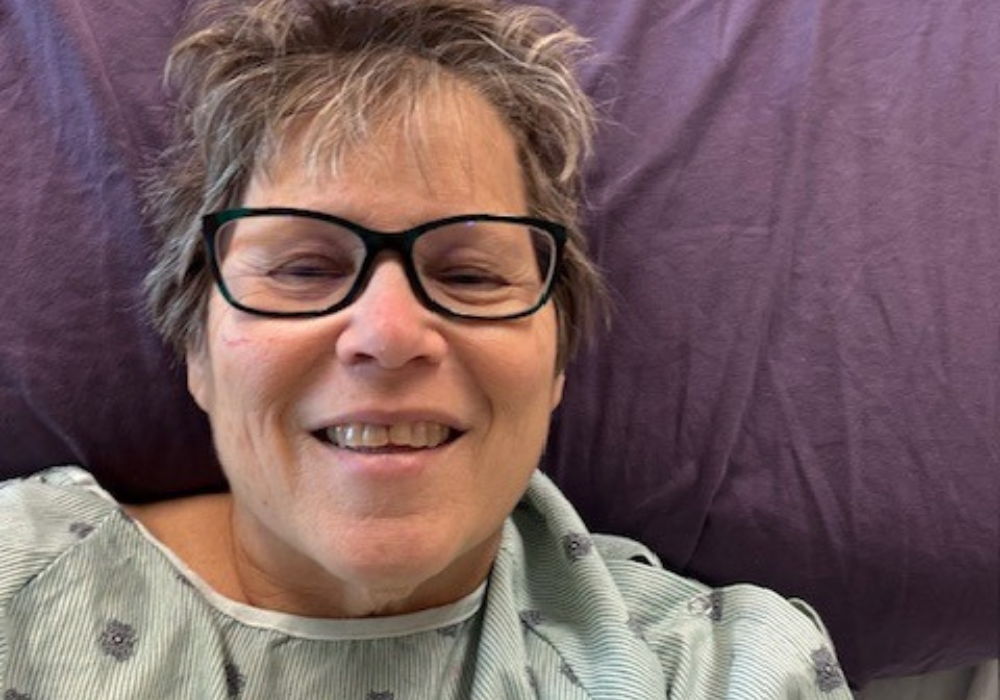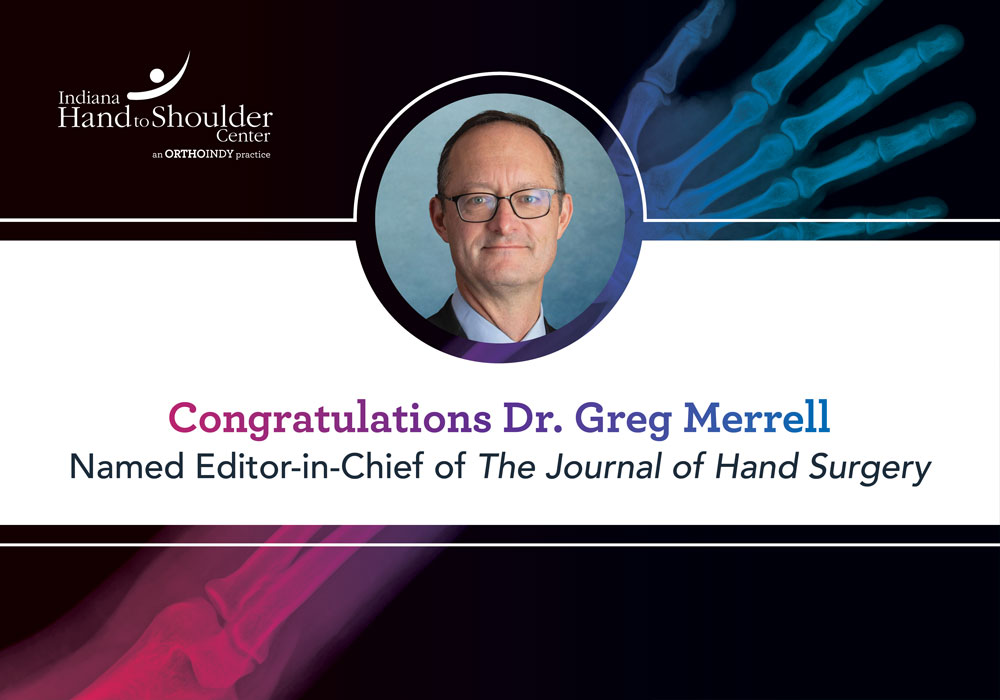Living with a sore shoulder can keep you from doing what you love. Since there are many different shoulder pain causes, it can be hard to know what to do to get relief.
Read on to hear from OrthoIndy shoulder specialist Dr. Jonathan Shook as he shares common conditions and injuries that lead to sore shoulders and how these are treated.
Diagnosing a sore shoulder
When diagnosing the cause of your sore shoulder, your shoulder doctor will ask for your medical history and do a physical exam.
They may also include imaging, such as:
X-rays
X-rays are images that show the bones of the shoulder joint. X-rays can identify shoulder injuries such as fractures or bone deformities. They can also reveal bone spurs or shoulder arthritis.
Magnetic resonance imaging (MRI) and/or ultrasound
MRIs and ultrasounds are methods of showing soft tissue. They can find injuries involving the cartilage, ligaments and tendons in and around the shoulder joint.
Make an appointment with a shoulder specialist
Types of treatment
After the physician has diagnosed the cause of your sore shoulder, treatment will begin. Sometimes treatment and recovery only require rest, ice and physical therapy.
If the damage is more extensive, surgery is required and recovery can be more complex. “When there are tears in the shoulder, they can sometimes heal on their own,” says Dr. Shook.
“However, some structures have poor healing potential and may require surgical treatment. A course of rest, physical therapy and medication may give the body a chance to heal.”
When this fails to result in adequate healing and recovery, then surgery is required. In particular, tears involving the labrum or a rotator cuff tear that result in the complete detachment of the structure from the bone often require surgery.
Some shoulder injuries may heal within just a couple of weeks, but sometimes relief from a sore shoulder may take up to six months or even longer.
Learn more about OrthoIndy shoulder treatments
Nonsurgical treatments include:
Physical therapy
In most cases, a physician will recommend physical therapy before surgical treatment. If surgery is needed, physical therapy is often used both before and during recovery after surgery. These exercises help with increasing range-of-motion and building strength.
Slings
Sometimes a sling is used after a shoulder injury. It may be used to help stabilize the shoulder during the healing process. It can be used for either surgical and non-surgical treatment.
Nonsteroidal anti-inflammatory medications
Ibuprofen, naproxen, Advil, and Aleve are types of NSAIDs that are available over the counter. There are also prescription brands of NSAIDs if over-the-counter medications are not helpful for sore shoulder pain.
These medications may aid in recovery from shoulder injuries.
Prescription pain relief medication
These may be used for more severe sore shoulder pain. If your doctor prescribes pain medication, take it only as directed.
You may be wondering what you can expect after treatment for a shoulder injury. Your recovery depends on the type of treatment you received for your sore shoulder.
“It is important to know that often a combination of all of the above may be used during recovery of a shoulder injury,” says Dr. Shook.
Make an appointment with a shoulder specialist
When surgery is required
Most of the time, sore shoulder pain can be treated without surgery. However, it’s important to get a diagnosis from your doctor. You should be cautious when trying to treat a shoulder injury on your own; this can lead to further damage and complications.
Surgery for a sore shoulder condition can either be arthroscopic or traditional, according to Dr. Shook.
Arthroscopy
Arthroscopic surgery involves making multiple small incisions and then using a small camera and instruments to work inside the joint. This technique minimizes the amount of muscle and soft tissue injury and can result in a faster recovery.
The surgery itself often takes less time to complete than traditional open surgeries. As techniques have evolved, more complex surgeries are able to be done through this minimally invasive approach.
Open procedures
If a more traditional open procedure is done, it will require a larger incision to make the repairs. This may be used if the shoulder injury is more extensive and can’t be done arthroscopically.
This type of surgery is usually done for fractures (broken bones) and to replace joints when they are arthritic.
Find out what’s really causing your shoulder pain
If your shoulder pain causes you to miss out on normal day-to-day activities, we can help. Request an appointment online or call OrthoIndy at 317.802.2000 to book an appointment with one of our shoulder specialists.
If your shoulder injury or condition is recent, you can walk right into one of our OrthoIndy Urgent Care locations for immediate care. For rehabilitation and physical therapy, no referral is needed to see one of our physical therapists.





